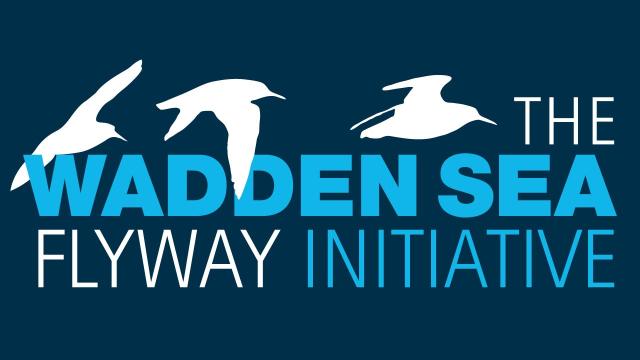
Waterbird Monitoring Strategy for the West African coastal zone from Mauritania to Sierra Leone
The purpose of this monitoring strategy is to improve the level of knowledge for conservation and management through intensified, expanded and harmonized monitoring of waterbird species and their sites using IBA and IWC methodology. The IWC Programme will provide data on waterbird numbers, distribution and population trends at different spatial scales. As such it can be seen as a method of describing the state of the sites based on bird numbers. The IBA Programme will provide data on the state of wetland sites (in addition to bird numbers, also the state of the habitat itself), the pressures which threaten them, and data on conservation responses taken at the sites. Through continuing monitoring by IWC and IBA methodology, priorities for management and conservation actions can be decided and the effectiveness of measures taken can be followed. This monitoring will provide a basis for more effective management and conservation of the waterbirds and wetlands of the West African coastal zone.
By using the data together with data from other sites along the Atlantic Coast of Africa and Europe, information can be summarized at different spatial scales and the conservation status of waterbirds at flyway level can be assessed. The strategy focuses on the coastal zone of seven countries (Mauritania, Senegal, Gambia, Guinee-Bissau, Guinee, Sierra Leone and Cape Verde) in West Africa but it will be applicable, with minor modification, to other parts of the Atlantic coast of Africa and to inland sites of these countries as well. The strategy aims to establish long-term monitoring, looking forward towards 2026.
Compilation: Marc van Roomen, Simon Delany, Tim Dodman, Geoffroy Citegetse, Abdoulaye Ndiaye, Ademola Ajagbe, Lincoln Fishpool & Szabolcs Nagy in cooperation with the participants of the CMB/WSFI workshop in Dakar June 2012.
